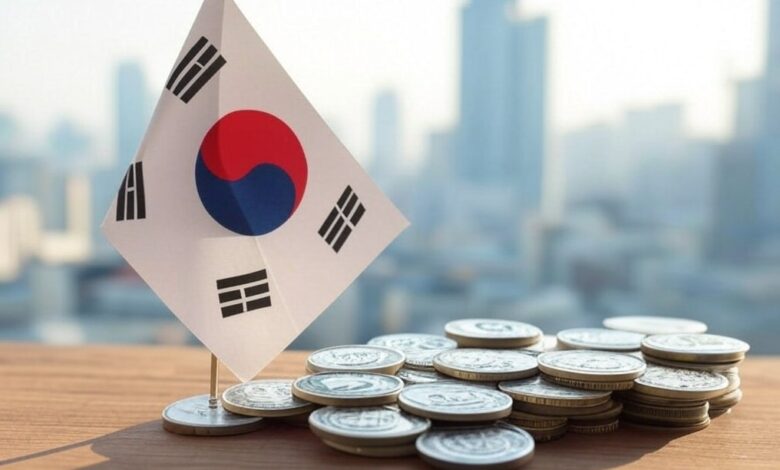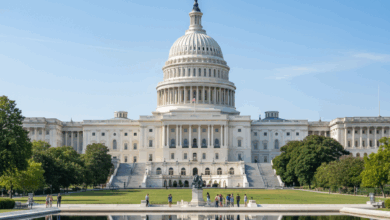Stablecoins or the Whole Market? Korean Lawmakers Divided on Next Steps

A prominent South Korean political and academic figure is urging the government to accelerate its digital asset strategy by pushing for the global listing of Korean won-pegged stablecoins.
Lee Kwang-jae, former secretary general of the National Assembly and current professor at Myongji University, argued that the success of these upcoming stablecoins hinges on their availability to international investors. Speaking with Seoul Kyungjae, Lee warned that without foreign participation, the assets risk limited global recognition.
“Access to global markets is the key to success,” Lee emphasized, calling for listings on major exchanges such as Binance and Coinbase.
Push for Global Reach
Interest in won-pegged stablecoins has grown steadily, gaining momentum as the government backs their development to reduce reliance on the U.S. dollar in cross-border trade. Lee noted that the project’s success depends not only on domestic regulation but also on enabling free trading worldwide.
Currently, foreign participation in Korea’s crypto markets is heavily restricted. Local exchanges like Upbit and Bithumb require a Korean social security number and real-name bank account verification, effectively blocking non-Korean investors from trading won-denominated assets. Lee criticized these barriers, insisting that global demand will only rise once foreigners can access the market.
Regulatory Debate
The Financial Services Commission (FSC) has announced plans for a dedicated stablecoin bill, expected to cover reserves, transparency, and operational standards. Regulators describe the draft as a crucial step toward building a safe digital financial system.
However, political divisions are slowing progress. Lawmakers are split between drafting a broad digital asset law or a narrower bill focused solely on stablecoins. The debate echoes earlier setbacks in 2022, when investor protection concerns, money laundering risks, and a market crash undermined public trust.
Meanwhile, regulators face growing pressure to act as U.S. dollar-backed stablecoins like USDT and USDC gain traction in Korea. Officials fear excessive reliance on dollar-denominated assets could erode monetary sovereignty.
Banking and Industry Response
Banks and tech firms are competing for a role in Korea’s stablecoin market. While Bank of Korea governor Rhee Chang-yong has voiced cautious support for won-based stablecoins, he also raised concerns about capital flight and exchange rate volatility if issuance is left entirely to private firms without safeguards.
Lee’s vision stretches beyond finance. He suggested integrating stablecoins into Korea’s cultural exports, from K-dramas and animation platforms to online education and healthcare services for international patients. He even predicted that Samsung could eventually issue its own stablecoin, embedded in Samsung Pay, potentially giving it broader global utility than any digital asset launched to date.
Other domestic firms may follow, Lee said, using won-pegged stablecoins as part of their global expansion strategies. If successful, these tokens could not only strengthen Korea’s digital economy but also amplify its soft power abroad by combining fintech innovation with globally popular cultural exports.





